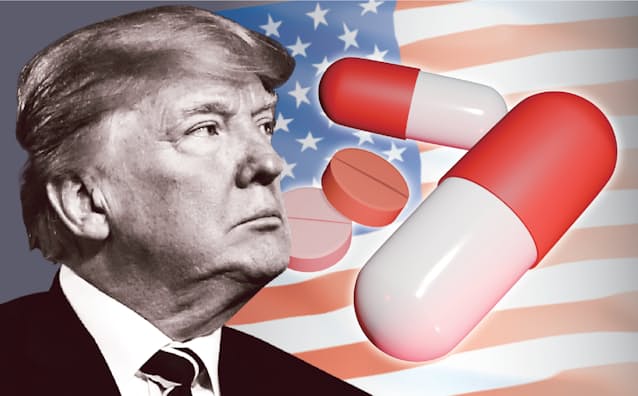Starting from October, the United States will impose a significant 100% tariff on pharmaceuticals imported from Japan. This is seen as a new move in the ongoing trade disputes between the two countries. The actual impact on consumers and the overall pharmaceutical industry remains uncertain but the concern is that the tariffs could result in higher drug prices for Americans and a blow to Japan’s pharmaceutical industry.
In Japan, this imposition of tariffs is regarded with dissatisfaction due in part to the country's long-standing trade relations with the US and the importance of its pharmaceutical industry. Moreover, Japanese society highly values free trade and believes that this could lead to potential economic barriers, which causes concern among businesses and consumers alike.
In the US, opinions on import tariffs are largely divided. Supporters of these tariffs assert that they protect the domestic industry, whereas opponents warn against the potential for trade wars and higher consumer prices. The EU typically emphasizes a more multilateral approach to trade and is generally against such high tariffs.

